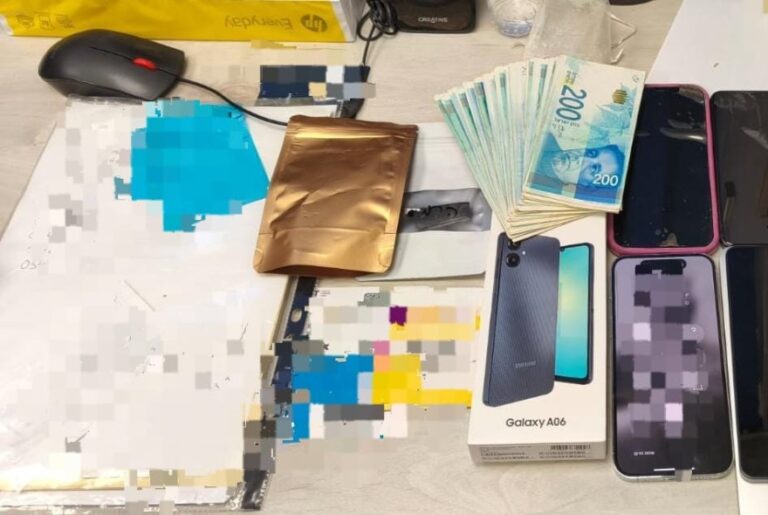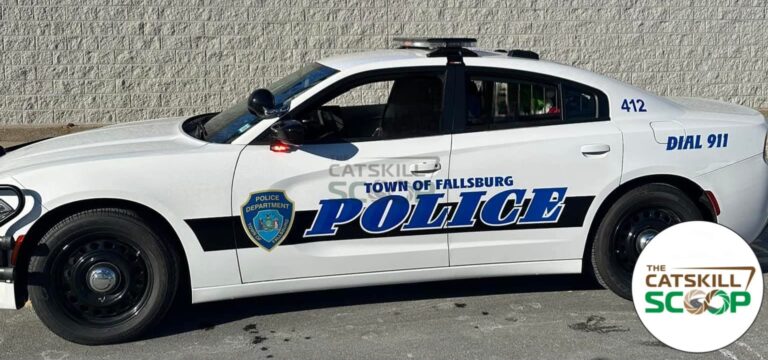A drug or product recall is not something you might come across every day, but in some instances, a company may issue a mandatory or voluntary recall that might be defective or harmful to the general public.
The United States Food and Drug Administration (FDA) is perhaps the largest known entity in the country that helps to regulate food and pharmaceuticals before it makes it onto the consumer market.
A drug recall, as per the FDA’s definition “is the most effective way to protect the public from a defective or potentially harmful product.”
Not all product and drug recalls tend to be harmful or hazardous, and in some instances, a company may issue a recall simply based on products missing some labeling, or instructions that have not met FDA guidelines and regulations.
The role of the FDA in the broader consumer market is to ensure the inception of regulatory health and safety protocols on all levels of drug manufacturing. Another great example of the FDA in the public realm, is the approval of the COVID-19 vaccine for use by adults, and children. While the pandemic has wined down in recent months, statistics indicate that roughly 43% of Americans aren’t financially secure for long COVID conditions in the near future.
Most prominently, is the recall of certain drugs that are harmful to consumers’ health and overall well-being. Various pharmaceuticals can pose a risk to consumers and have been recalled in recent years after being on the market for decades.
Some of the most dangerous drugs that have been recalled are Sibutramine, an appetite suppressant that increases heart disease and stroke risk. Zantac was used to decrease the symptoms of heartburn and acid reflux, but consumers later found they were developing different types of cancer caused by Zantac especially when they were using the drugs excessively. And Valdecoxib, a drug that increases the risk of death, heart attacks, strokes, skin allergies, and even potentially causes gastrointestinal bleeding.
In America, where drugs and pharmaceuticals are heavily regulated by the appropriate government entities and institutions, consumers can be at ease that any dangerous or life-threatening drugs won’t easily find their way to the public market.
Most products these days go through rigorous testing, and if the manufacturer or the FDA notices anything suspicious, they may issue a recall. As a public consumer, you have access to a list of products and drugs that have either been recalled by the FDA or the manufacturer in recent years.
Unfortunately, there are those instances where a product may not meet certain standards, and a manufacturer is required to pull it from the market. When it comes to pharmaceuticals, the process may work the same, but if you’re not sure what to do in this instance, we’ve got you covered.
When will a drug recall be announced?
There are different reasons why a drug may be recalled, but in some instances, it could be because it does not meet regulatory standards.
A recall is announced if an over-the-counter or prescription medicine is found to be defective or potentially harmful.
Depending on the severity of the situation, the manufacturer may either recall the drug voluntarily, or the FDA may request that the product is recalled and pulled from the market.
A recall is announced if either the company or the FDA receives numerous reports from the general public, or if dire and more harmful situations occur.
For drugs to be recalled, an existing recall classification process has been established by the FDA.
The FDA recall classification
-
Class I: Any goods or products that might cause serious health problems or death.
-
Class ll: Drugs and products that can cause temporary health problems or have slight health threats.
-
Class ll: Any drug or product that is unlikely to cause any severe health reactions, but labeling or manufacturing processes violate FDA regulation laws.
This classification structure exists to inform consumers of the severity of the recall that may have been issued by the FDA or the manufacturer themselves.
Several factors may influence why a drug is recalled, some less severe than others. In the most serious situations, drugs may be hazardous to people’s health and potentially life-threatening, possibly contaminated, mislabelled, or poorly packaged.
What to do when a product or drug is recalled
While it’s not at all impossible that some products and drugs may be recalled, there are those instances where manufacturers or regulatory institutions may need to review the quality and safety thereof.
When drugs are recalled, it’s advised that consumers follow these guidelines.
No need for panic
In some cases, a drug recall might be for minor issues and is sometimes voluntarily issued. If prescription medication is recalled, consumers should review the recall announcement and follow instructions outlined by the manufacturer.
If critical medication is recalled for minor issues, it’s advised to contact your doctor to find out whether a replacement is available or if you should stop taking the medication immediately.
Stay informed
The best thing to do is to stay informed as much as possible. Contact your pharmacist or pharmacy if you are unsure about the latest developments in the recall, and make sure to stay informed about the severity of the situation.
If drugs, especially over-the-counter drugs are recalled, ensure that you return them from where it was purchased. For prescription medication, you can contact your doctor or pharmacists to find out whether you should return the medication, or wait until a replacement can be filled.
Return or discard any drugs
If you are required to return any recalled medicine, you can return it to the pharmacy from where you purchased or collected it.
If for some reason you are unable to return it, you will be required to safely dispose of it in your trash. Make sure to remove any personal information that may be labeled on the container, and dispose of it mixed with other contents such as coffee grounds or dirt.
Contact your medical professional
If prescribed medication is recalled, and you are unsure whether your prescription will be refilled, you can contact your doctor who will then assist you with a temporary replacement.
Always be in the know
If you are someone who takes a drug or product recall seriously, you can stay up to date by visiting the FDA website, or by registering to receive any recall notifications.
Some Final Thoughts
A drug recall is a process that ensures all products and pharmaceuticals that are available on the consumer market are safe and abide by FDA regulations and manufacturing laws.
While it’s not uncommon for drug recalls to be announced, some manufacturers may issue a voluntary drug recall for any minor issues. When government authorities step in to issue a recall, the situation may be a bit more serious, and consumers should follow the necessary protocols.
The process exists to protect consumers against any potentially life-threatening drugs that may be hazardous to one’s health and life. Make sure to stay informed about any recalls that have been issued, and always stay up-to-date about developments surrounding the recall.










